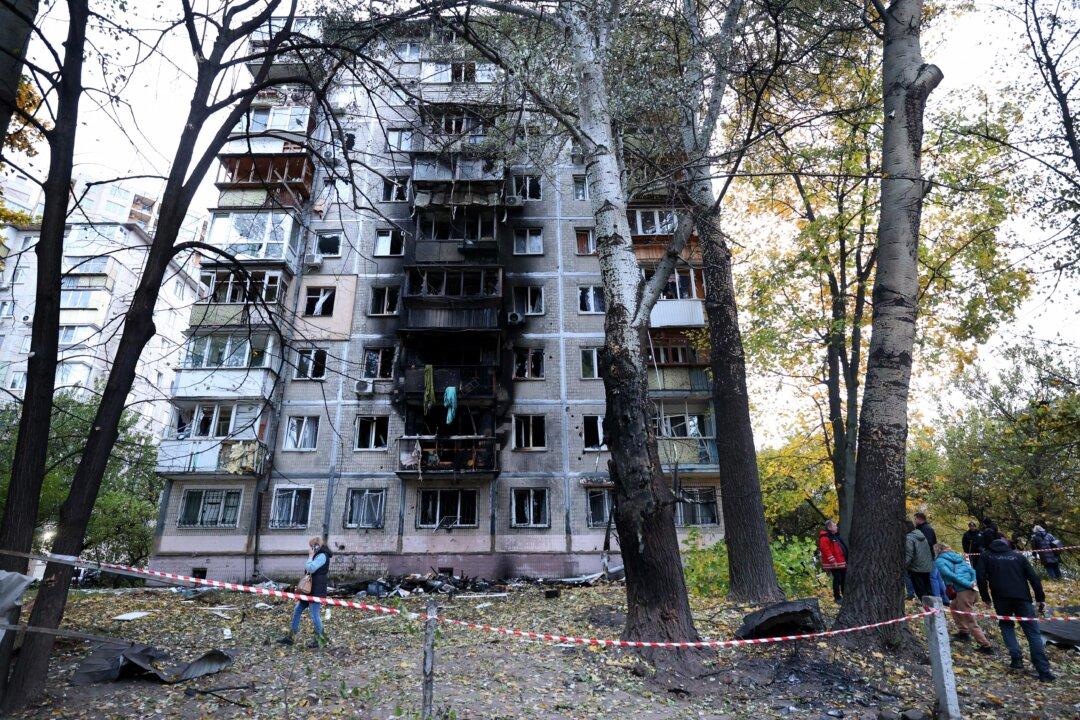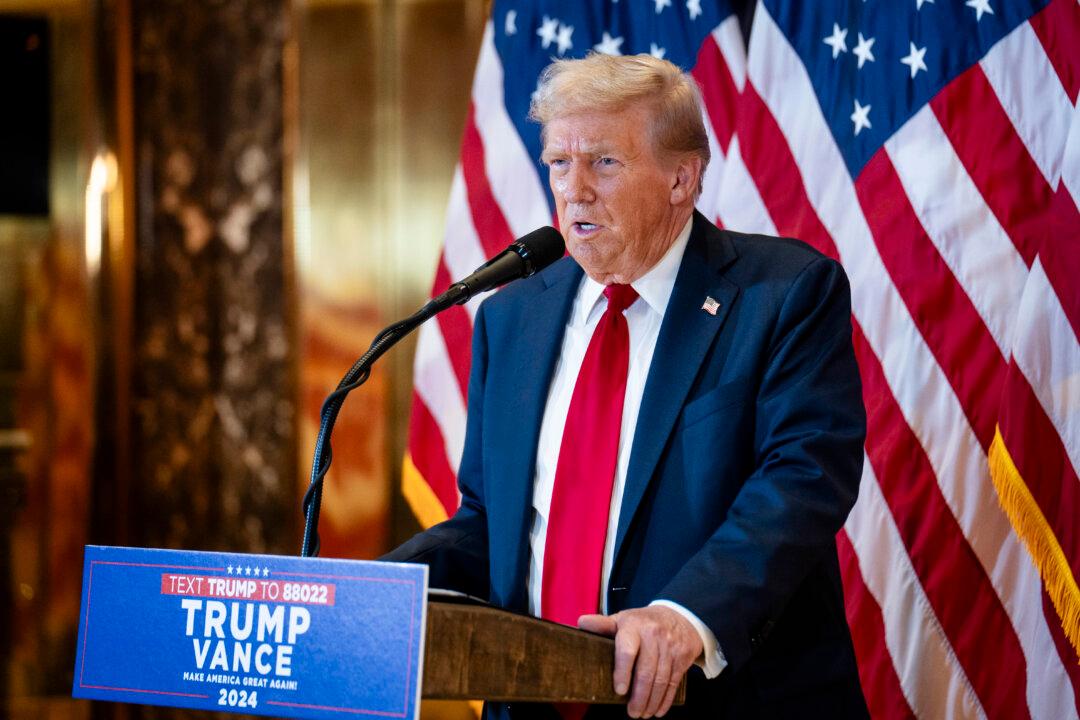A Hong Kong court has handed down a nearly six-year prison sentence to a pro-democracy protester, after ruling that he had violated a Beijing-imposed national security law through certain nonviolent acts, including the chanting of protest slogans.
Former delivery man Ma Chun-man, 31, dubbed “Captain America 2.0” for wielding the superhero’s shield during protests, was sentenced on Nov. 11 to five years and nine months in prison for incitement to secession. His conviction was the second under the security law, which was imposed by the Chinese regime in June 2020.
Ma is the first to be sentenced under the law solely for his speech. A district court judge found Ma guilty in October of inciting secession due to the slogans he chanted, such as the popular pro-democracy chant, “Liberate Hong Kong, revolution of our times”; the placards he held; and the statements he made to media.
Ma had pleaded not guilty and didn’t testify.
During the trial, his defense attorneys argued that Ma was merely exercising his right to free speech, saying that he “merely chanted slogans loudly, appearing alone.” Nor did he harm others or engage in “open defiance,” they told the court on Nov. 11.
Before the sentence was delivered, Ma’s attorneys read part of a letter Ma wrote to the judge.
“I do not feel any regret,” Ma wrote in the letter, which he signed with his nickname. “On my road to democracy and freedom, I can’t afford to be a coward.”
The judge said Ma “was incited by some politician and he eventually became an instigator himself,” without naming the politician.
“In this context, it’s hard to guarantee there won’t be other Ma Chun-mans,” the judge said.
Ma’s sentence drew condemnation from human rights groups.
The national security law criminalizes any speech or act deemed by Beijing to constitute secession, subversion, terrorism, or collusion with foreign forces, with each offense carrying a maximum penalty of life in prison. It has been widely criticized by Western governments and human rights bodies as a tool used to purge pro-democracy proponents and suppress dissent.
Since the law has taken effect, more than 100 people—mostly pro-democracy politicians, activists, media figures, and students—have been charged under the measure or similar offenses.




